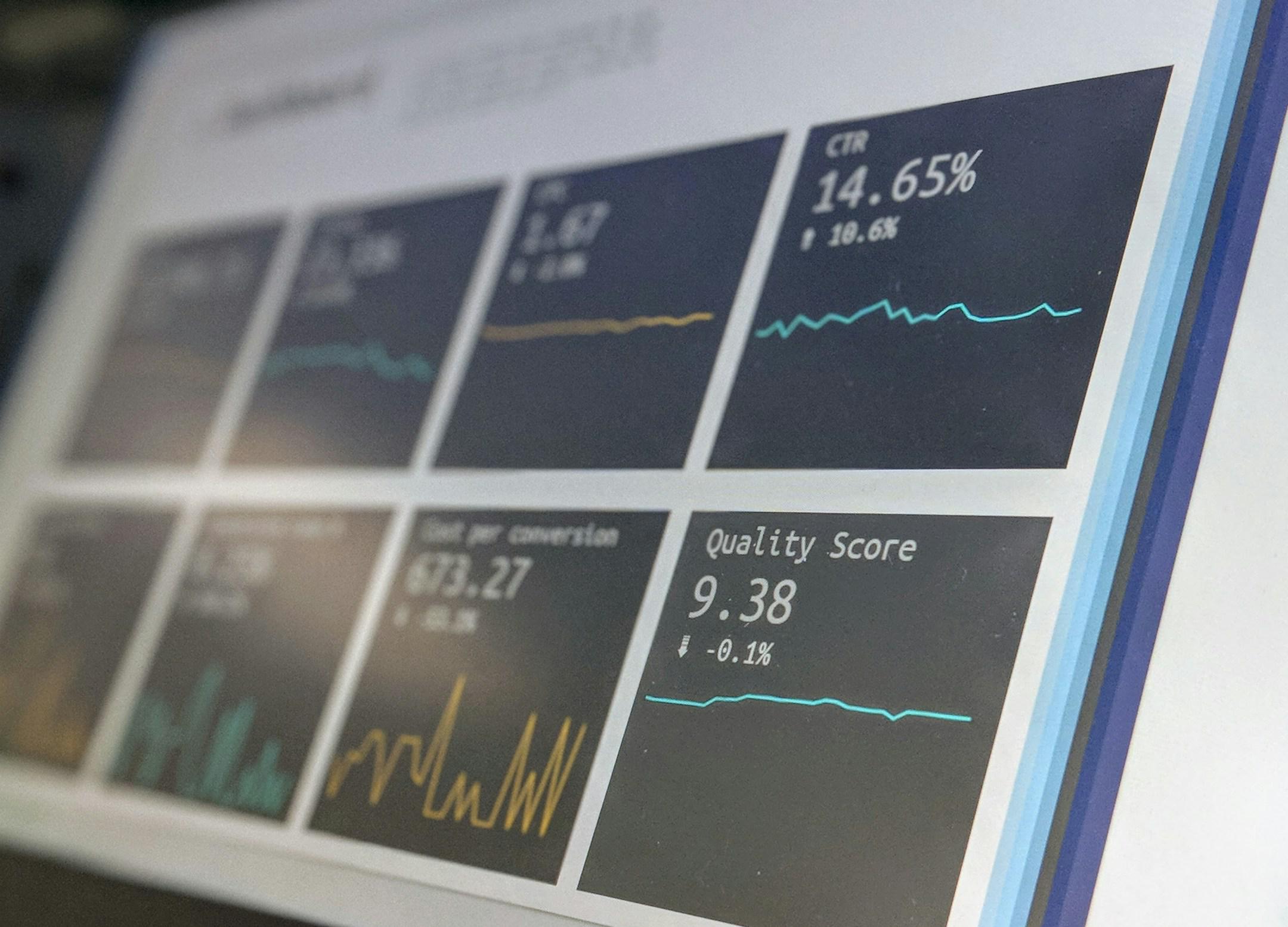
In recent years, machine learning has emerged as a groundbreaking force reshaping the landscape of healthcare. As healthcare professionals and organizations strive to improve patient outcomes and streamline operations, the integration of machine learning technologies provides innovative solutions that enhance both patient care and operational efficiency. This blog post invites you to explore how machine learning transforms patient care and operational efficiency in healthcare settings, highlighting real-world applications and the promising future ahead.
From personalized medicine to predictive analytics, machine learning empowers healthcare providers to make informed decisions and deliver tailored treatments. As we delve deeper into the various applications of machine learning within patient care, we will also examine how these technologies enhance operational workflows, reducing bottlenecks and improving overall service delivery. Finally, we will discuss future trends that indicate the pivotal role of machine learning in reshaping healthcare delivery, setting the stage for a more efficient and patient-centric healthcare system. Join us on this enlightening journey into the world of machine learning in healthcare.
Transforming patient care through machine learning applications
Machine learning significantly improves patient care by enabling healthcare professionals to deliver personalized treatment plans. By analyzing vast amounts of patient data, machine learning algorithms can identify patterns and risk factors that may not be immediately visible to human clinicians. For instance, predictive analytics can alert healthcare providers about potential complications in patients, allowing for proactive interventions. Furthermore, machine learning models can assist in diagnosing diseases more accurately and swiftly, particularly in fields like radiology and pathology, where image recognition technology can reveal abnormalities that human eyes may overlook.
Additionally, machine learning streamlines the patient experience by automating administrative tasks and enhancing communication. Chatbots powered by machine learning can handle common inquiries, schedule appointments, and provide medication reminders, freeing up healthcare staff to focus on direct patient interactions. Telemedicine platforms leverage machine learning to analyze patient symptoms and prioritize cases, ensuring that urgent matters receive prompt attention. Together, these applications not only elevate the standard of care but also foster stronger relationships between patients and healthcare providers. By exploring how machine learning transforms patient care, stakeholders can better understand its significance in modern healthcare settings.
Enhancing operational efficiency with machine learning technologies
Machine learning technologies significantly enhance operational efficiency in healthcare settings by automating routine tasks and streamlining processes. For instance, these algorithms can predict patient admission rates, enabling hospitals to allocate resources more effectively based on anticipated demand. Automation of administrative functions, such as billing and patient scheduling, not only reduces the time spent on these tasks but also minimizes human error, leading to smoother operations. By utilizing machine learning, healthcare providers can focus more on patient care rather than being bogged down by repetitive administrative burdens.
Moreover, machine learning optimizes supply chain management within healthcare facilities. Predictive analytics can analyze past usage data, helping institutions forecast inventory needs more accurately and reduce waste. This proactive approach allows healthcare organizations to maintain adequate supplies without overstocking, leading to significant cost savings. Furthermore, by integrating machine learning systems with electronic health records, providers can quickly retrieve patient information and identify any potential compliance issues, enhancing overall operational effectiveness. As healthcare continues to adopt these advanced technologies, operational efficiency will improve, ultimately benefiting both patients and providers alike.
Future trends: Machine learning's role in reshaping healthcare delivery
As the healthcare landscape continues to evolve, machine learning (ML) is poised to drive innovative solutions that address the challenges faced by the industry. One of the most promising trends is the integration of predictive analytics in clinical settings. By analyzing vast amounts of patient data, ML algorithms can forecast potential health risks and recommend preventative measures, ensuring timely interventions. This not only enhances patient outcomes but also empowers healthcare providers to make more informed decisions. Moreover, as ML technologies become more accessible, even smaller healthcare facilities can leverage advanced analytics to improve their services, ultimately contributing to a more equitable distribution of healthcare resources.
Another significant trend is the emergence of personalized medicine, fueled by machine learning capabilities. With the ability to evaluate genetic information and treatment responses, ML algorithms can tailor therapies to individual patients, allowing for more precise and effective care. As drug discovery speeds up through machine learning models, researchers can identify potential therapeutic targets rapidly, fostering innovation in treatment options. Furthermore, integrating ML with telemedicine platforms can enhance remote patient monitoring, ensuring continuous care even outside traditional clinical settings. These advancements not only streamline operations but also redefine the patient experience, creating a more patient-centered approach to healthcare delivery.